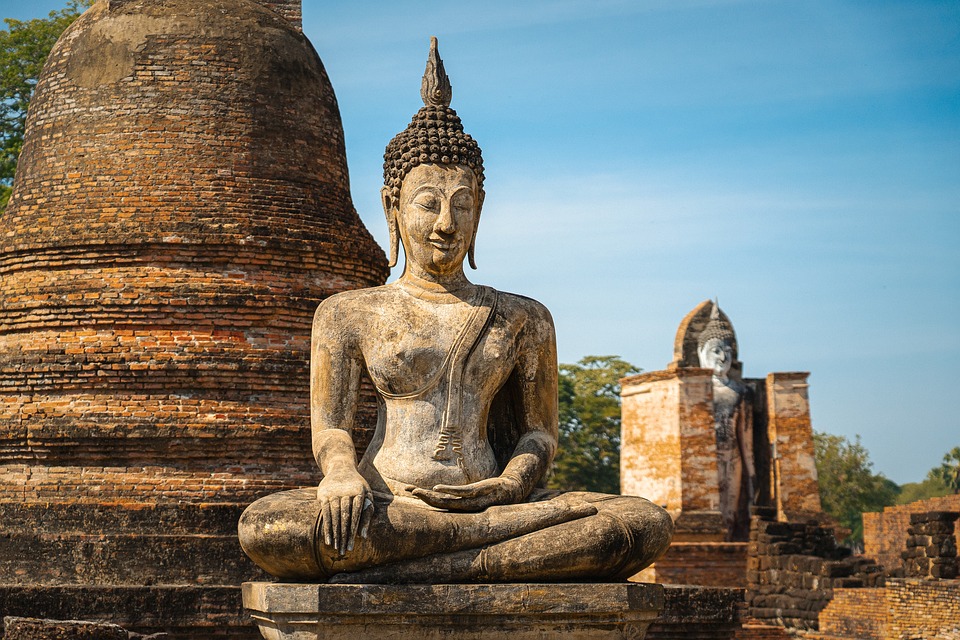Meditation has been practiced for thousands of years, and its roots can be traced back to ancient civilizations such as India, China, and Greece. Today, it has become a popular practice for millions of people worldwide, with numerous benefits for both the mind and body. But what does the word “meditation” actually mean, and how has its meaning evolved over time?
The word “meditation” comes from the Latin word meditatio, which means “to think, contemplate, or reflect.” It was first used in the 12th century to describe the practice of deep contemplation by monks and other religious figures. In Sanskrit, the ancient language of India, the word for meditation is dhyana, which means “to concentrate or focus the mind.”
Throughout history, meditation has been used as a tool for spiritual and religious practices, but it has also been used for practical purposes such as stress reduction and improved mental clarity. In the West, it has become increasingly popular as a way to reduce anxiety and improve overall well-being.
The roots of meditation can also be found in various philosophical traditions. In ancient Greece, the philosopher Aristotle believed that meditation was a way to cultivate a more contemplative and reflective life. In Taoism, the Chinese philosophy that emphasizes living in harmony with nature, meditation is seen as a way to connect with the natural world and find inner peace.
Today, there are many different forms of meditation, each with its own unique benefits and techniques. Mindfulness meditation, which originated from Buddhist traditions, involves focusing on the present moment and observing thoughts and sensations without judgment. Transcendental meditation, on the other hand, involves the use of a mantra to quiet the mind and achieve a deeper state of consciousness.
Regardless of the type of meditation practice, the benefits are clear. Research has shown that regular meditation can reduce stress and anxiety, improve focus and concentration, and even lower blood pressure and reduce the risk of heart disease.
In conclusion, the roots of meditation are deep and varied, with a rich history that spans across cultures and traditions. Whether you’re looking to connect with your spiritual side, reduce stress, or simply improve your overall well-being, meditation is a timeless practice that can benefit anyone. So take some time for yourself today, and see what meditation can do for you.





